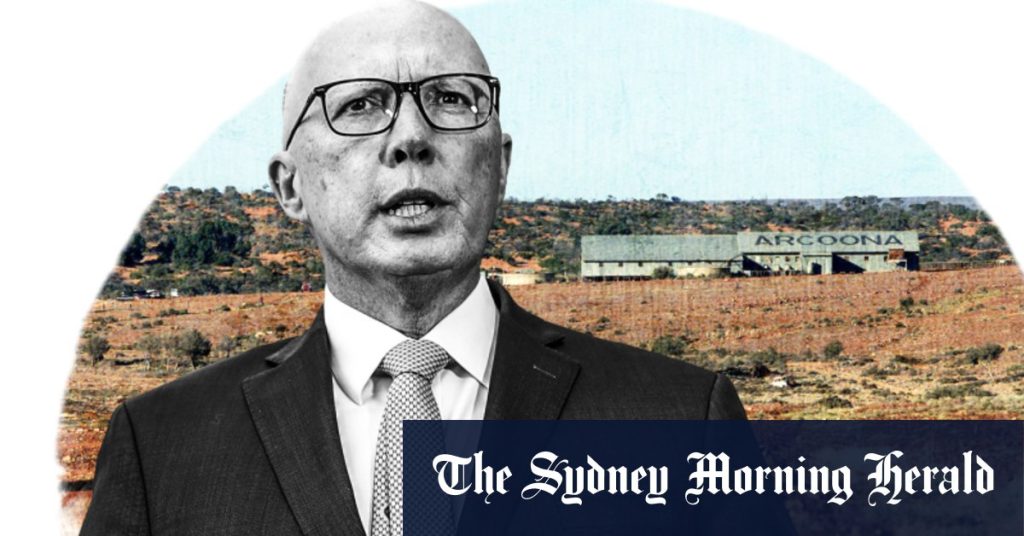Peter Dutton’s assertion that Australia needs a “strong” leader is met with skepticism and criticism in these reader responses. Dutton’s claim, devoid of supporting policies or actions, is labeled as empty rhetoric. Conversely, Anthony Albanese, despite possessing a record of past actions and future policies, is perceived as “weak,” highlighting a disconnect between perception and reality. The challenge for Albanese, according to these readers, is to demonstrate the very strength Dutton advocates, backed by concrete evidence.
Dutton’s claim of compromised national security under the current government is met with derision. One reader sarcastically suggests Dutton should retreat to the safety of his home, leaving the governance of the country to those less consumed by fear. This underscores the perceived lack of substance in Dutton’s pronouncements and his tendency towards fear-mongering. The comparison to Donald Trump’s “Make America Great Again” slogan further diminishes Dutton’s credibility, portraying him as a figure peddling nostalgia for an unspecified prosperous past.
The assertion that Australia is an “anxious nation” under the current government is refuted by pointing to improved relationships with Pacific and Asian neighbors, leading to better trade and prosperity. The writer expresses anxiety, not about the current government, but about the prospect of a “belligerent bully boy” like Dutton becoming prime minister. This highlights the perception of Dutton as a figure who would destabilize international relations and return to a more aggressive and less diplomatic approach to foreign policy.
Dutton’s vague pronouncements about returning to past prosperity are challenged by questioning the specific period he refers to. The writer argues that under Dutton’s previous tenure in government, productivity and wages stagnated, despite low interest rates. Moreover, they contend that the Coalition’s neglect of the Pacific region, rather than the current government’s actions, has compromised national security. This directly counters Dutton’s narrative, placing the blame for perceived decline squarely on the Coalition’s past performance. Furthermore, the writer criticizes AUKUS and nuclear energy, both Coalition initiatives, as wasteful expenditures that could bankrupt the country.
The comparison to Donald Trump resurfaces, with Dutton accused of exploiting global discontent and anger, disregarding factual economic data. The writer cites independent analyses showing Australia’s strong economic performance, ranking seventh globally, a significant improvement from previous years. This data-driven argument directly refutes Dutton’s narrative of decline, emphasizing the country’s economic health under the current administration. The writer accuses Dutton of prioritizing appealing narratives over factual accuracy, particularly regarding nuclear energy.
Dutton’s pronouncements are dismissed as “utter twaddle,” characterizing him as paranoid, pessimistic, negative, and divisive. The “politics of fear” is highlighted, referencing past Coalition tactics like the “children overboard” affair. The lack of concrete policies beyond the “pie-in-the-sky” nuclear solution to climate change is emphasized, suggesting that fear-mongering is the Coalition’s default strategy in the absence of substantive policy proposals. The final comment satirizes the Liberal party’s potential reuse of leftover “Make America Great Again” merchandise due to the alphabetical proximity of Australia and America, highlighting the perceived similarities between Dutton and Trump’s political style and rhetoric.

